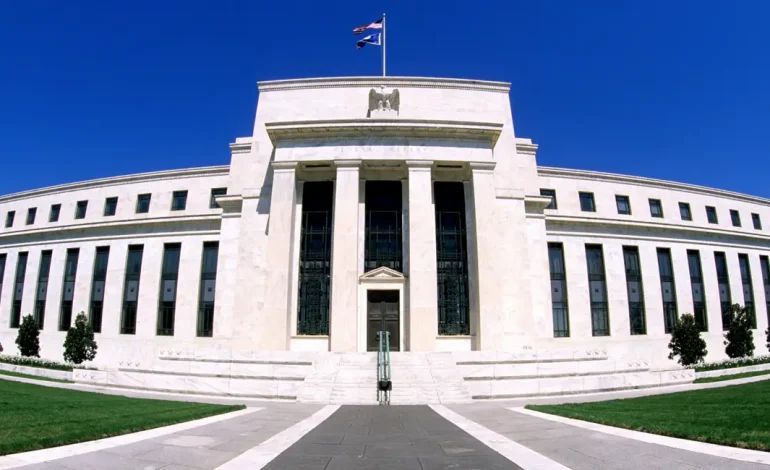Stock markets fell on Thursday as investors reacted to uncertainty surrounding the pace and timing of potential US interest rate cuts, the Financial Times reports.
The decline followed the release of minutes from the Federal Reserve’s January meeting, in which central bank officials indicated they wanted to see more progress on inflation before adjusting rates.
Asian technology stocks led the declines, with Hong Kong’s Hang Seng Tech Index dropping as much as 3.6% before recovering to a 2.2% loss. Japan’s Topix fell 1.2%, while China’s CSI 300 slipped 0.4%. Analysts attributed the pullback in Chinese tech stocks partly to profit-taking after a strong rally fueled by advances in artificial intelligence start-up DeepSeek.
“China is seeing big downs,” said Xin-Yao Ng, investment director for Asia-Pacific equities at Abrdn. “It’s mostly about profit-taking in tech. It’s been a very narrow tech rally, and [we’re] now seeing some cautiousness.”
Investors were also exercising caution ahead of earnings reports from major internet companies, including Alibaba, JD.com, and Trip.com. Jason Lui, head of Asia-Pacific equities and derivatives strategy at BNP Paribas, noted that investors would be closely monitoring company management for clarity on their artificial intelligence strategies.
The Federal Reserve’s stance on interest rates has broader global implications, as higher US rates reduce the ability of other central banks to lower their own rates to stimulate economic growth. A stronger dollar also draws capital from other markets, adding further pressure.
In contrast to declines in Asia, US markets remained relatively stable. The S&P 500 edged up 0.2% on Wednesday, while the Nasdaq Composite remained flat.
Additionally, concerns over potential US tariffs added to market uncertainty. Former President Donald Trump recently proposed new tariffs on imports of cars, semiconductors, and pharmaceuticals, further unsettling investors.
“There is ongoing concern about tariffs [from President Trump] . . . and [interest rates] have been an overhang, as Asian central banks do not have room to cut rates,” said Ng.
Amid market fluctuations, the Japanese yen strengthened 0.6% against the US dollar, making it the best-performing major currency on Thursday. The South Korean won and Singapore dollar also gained 0.3% and 0.2%, respectively, against the US currency.










The latest news in your social feeds
Subscribe to our social media platforms to stay tuned